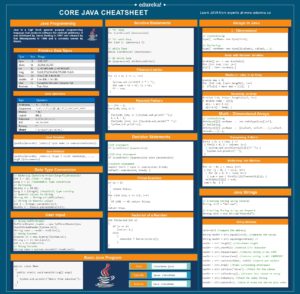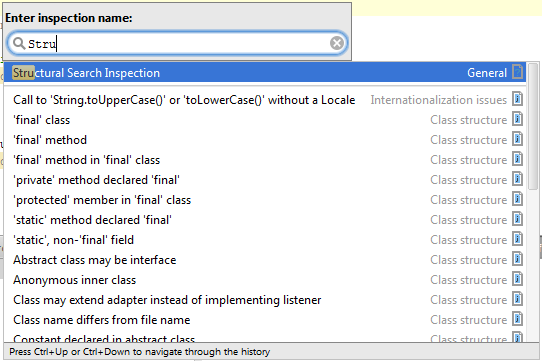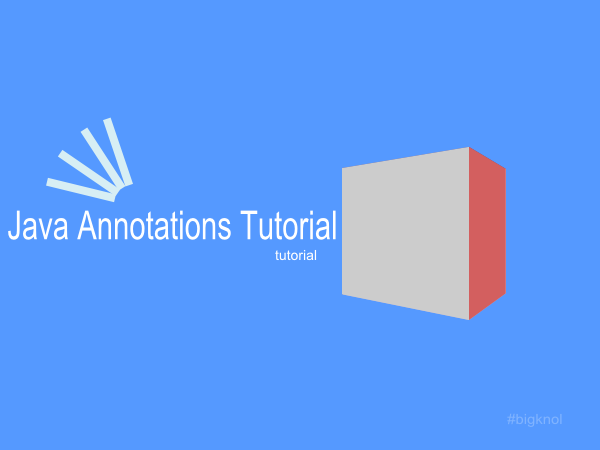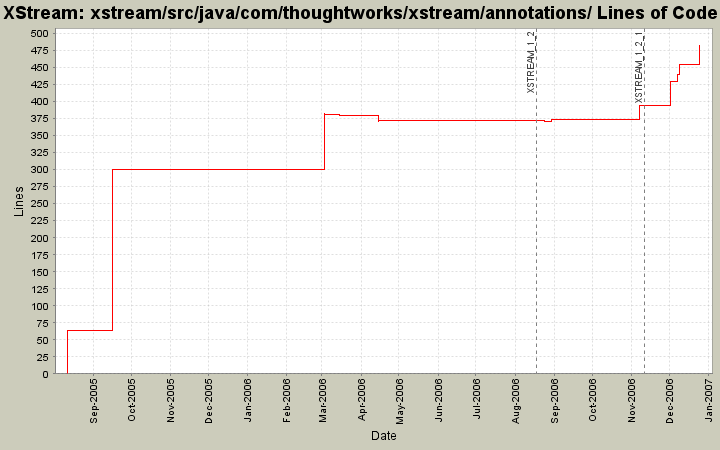

- #JAVA ANNOTATIONS FOR IN DEVELOPMENT CODE FOR ANDROID#
- #JAVA ANNOTATIONS FOR IN DEVELOPMENT CODE CODE#
Project Properties > Build > Compiling > Processor Options fieldĪdd options that should be passed to the annotation processor associated with your project. This path is searched for annotation processors if the -processorpath option is not specified. Specifies where to find user class files, and (optionally) annotation processors and source files. Use this option if an annotation processor and annotations are packaged into a single JAR file. Specify the path to an IDE project, library or a JAR file that contains an annotation processor and annotation declarations. Project Properties > Libraries > Compile tab Specifies where to find annotation processors if this option is not given, the classpath is searched for processors (see below). Use this option if an annotation processor and annotations are packaged into separate JAR files. Specify the path to an IDE project, library or a JAR file that contains an annotation processor. Project Properties > Libraries > Processor tab Being metadata it is clear that it does not usually have a direct effect on the run-time base itself, but rather seeks to augment / inject information / data about our code.
#JAVA ANNOTATIONS FOR IN DEVELOPMENT CODE CODE#
The annotation processor discovery mechanism is not used during compilation. Introduction Introduced in Java 5, annotations have been with us ever since, augmenting our source code with ancillary intent via syntactic metadata. When the checkbox is disabled, the project is compiled without any annotation processing.Ĭompilation proceeds without any annotation processing. Project Properties > Build > Compiling > Enable Annotation Processing checkbox

Annotations provide information to a program at compile time or at runtime based on which the program can take further action. They are a powerful part of Java that was added to JDK5. An annotation is a construct associated with Java source code elements such as classes, methods, and variables. This option eliminates the need to create service provider-configuration files (META-INF/services/) Java annotations are a mechanism for adding metadata information to our source code (Program). Specify a fully qualified name of the annotation processor in the Annotation Processors field.Įxplicitly specifies the annotation processor to run. Project Properties > Build > Compiling > Annotation Processors field. To open the project’s Properties window window, right-click your project and choose Properties.

The main difference with the scheme used in Java is the absence of a containing annotation, which the Kotlin compiler generates automatically with a predefined name.In the IDE, the annotation processing options for all Java application with the exception of NetBeans platform applications are specified in the Project Properties window. Java repeatable annotations are also supported from the Kotlin side. Quoting from Suns official site, It (annotation-based development) lets us avoid writing boilerplate code under many circumstances by enabling tools to. Java has three built-in annotations: Override Deprecated SuppressWarnings 1) Override: While overriding a method in the child class, we should use this annotation to mark that method. This will make it repeatable both in Kotlin and Java. To make your annotation repeatable, mark its declaration with the meta-annotation. Just like in Java, Kotlin has repeatable annotations, which can be applied to a single code element multiple times. To avoid generating the TYPE_USE and TYPE_PARAMETER annotation targets, use the new compiler argument -Xno-new-java-annotation-targets.
#JAVA ANNOTATIONS FOR IN DEVELOPMENT CODE FOR ANDROID#
This is an issue for Android clients with API levels less than 26, which don't have these targets in the API. This is just like how the TYPE_PARAMETER Kotlin target maps to the .TYPE_PARAMETER Java target.

If a Kotlin annotation has TYPE among its Kotlin targets, the annotation maps to .TYPE_USE in its list of Java annotation targets. Now on the internet the basic answer I get is no, but this guy did it: link. This is not exactly what I need it for, but it serves to illustrate the basic idea. The classic example is to generate a getter and setter for the members of your object. Ability to not generate JVM 1.8+ annotation targets I want to know if it is possible to use annotations to inject code into your classes compile time.


 0 kommentar(er)
0 kommentar(er)
